We’re excited to introduce you to the always interesting and insightful Idriss Dabre. We hope you’ll enjoy our conversation with Idriss below.
Idriss, first a big thank you for taking the time to share your thoughts and insights with us today. I’m sure many of our readers will benefit from your wisdom, and one of the areas where we think your insight might be most helpful is related to imposter syndrome. Imposter syndrome is holding so many people back from reaching their true and highest potential and so we’d love to hear about your journey and how you overcame imposter syndrome.
Impostor syndrome might just be one of the most valuable tools a creative will encounter on their journey.
Calling yourself a “creative” is a curious act. The definition is entirely subjective, shaped by culture, language, and context. For those just starting out, it’s often the central question: When do you truly become a creative?
In a field brimming with titles—Art Director, Senior Art Director, Associate Creative Director, Creative Director, Chief Creative Officer—the hierarchy suggests a linear path of growth. It implies that as you climb the ladder, gaining recognition from peers, you somehow evolve into a “real” creative. One might think that by reaching the upper echelons, you’d shake off impostor syndrome entirely and create freely, untethered by fear or doubt.
Fortunately, that’s not how it works.
Creativity is innate. The human brain is hardwired to forge connections and associations, crafting a subjective framework to navigate and understand the world. Whether you realize it or not, you are creative in countless moments of your life.
The rest is deliberate. Nurturing a specific skill or interest is a choice, one that’s technically available to everyone. But that’s where it gets tricky. Pursuing a creative career often means comparing yourself to others. In fields like advertising, where winning awards and creating buzz are integral to professional advancement, comparison is unavoidable.
For me, impostor syndrome was rooted in my interactions with others. Growing up in Africa, studying in Belgium, and starting my career in Paris meant constantly adapting to new environments. I moved between disciplines—digital, experiential, gaming, and eventually advertising. Each shift required me to convince others, and myself, that I could do the job. Convincing others takes time and mental energy—energy that must also be spent on the far more important task of self-conviction.
Over time, I learned to care less about external expectations and focus on what was constructive. I realized that the person above you can be wrong, the person below you can be right, and great ideas can come from anyone. And most importantly, everyone doubts—always.
Doubt is central to creation. If you start with certainty, how can you truly discover anything new? The creative process is a delicate dance between doubt and conviction, comparison and self-reasoning, inspiration and reinvention.
Success is unpredictable. Everyone hopes for it, but the best among us work regardless of the outcome. Over time, consistency outshines everything else.
Focus on your work, your goals, and the feedback that helps you move forward. Impostor syndrome will always walk alongside you, like an old friend, gently urging you to question your choices and ensure they align with who you truly are.
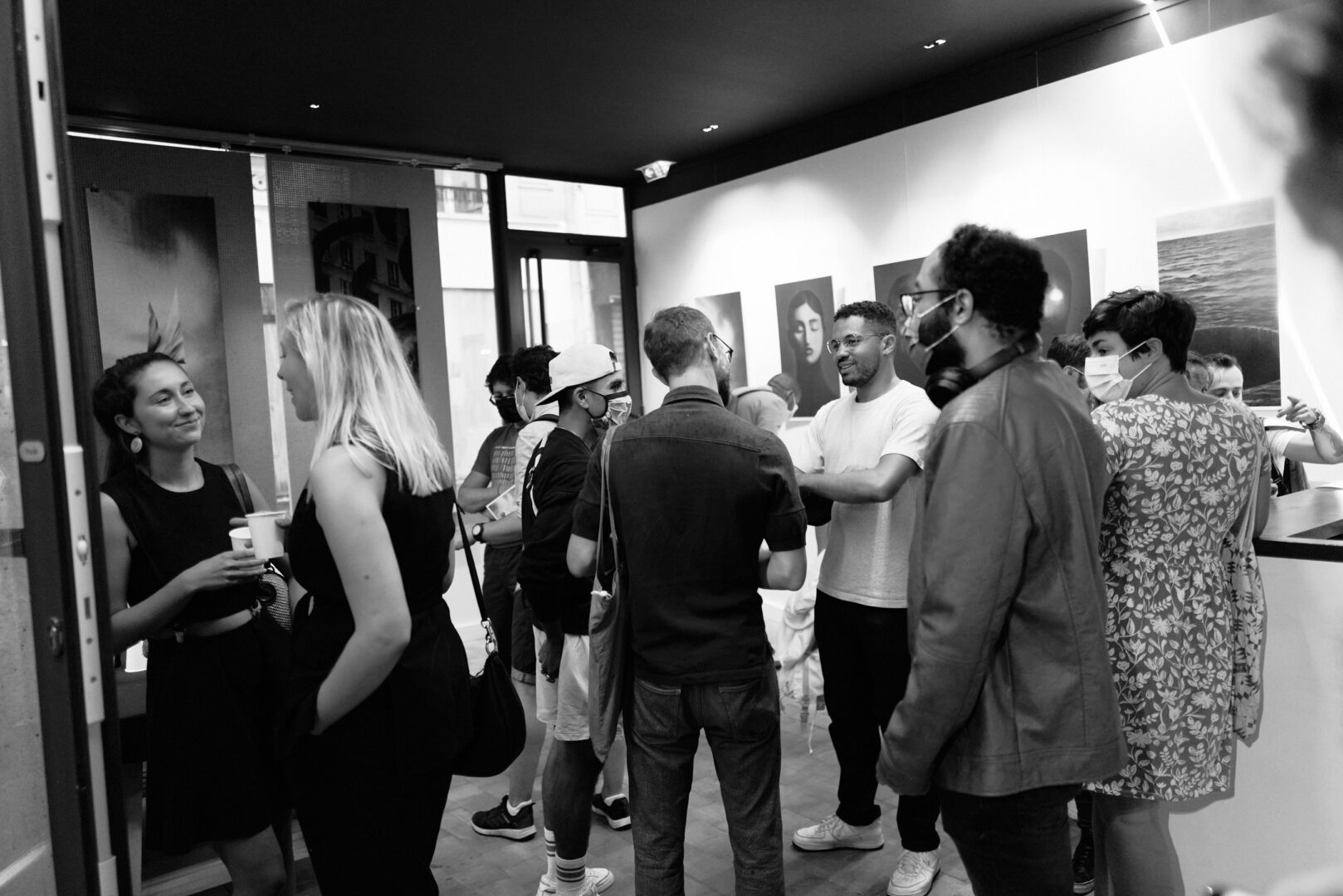
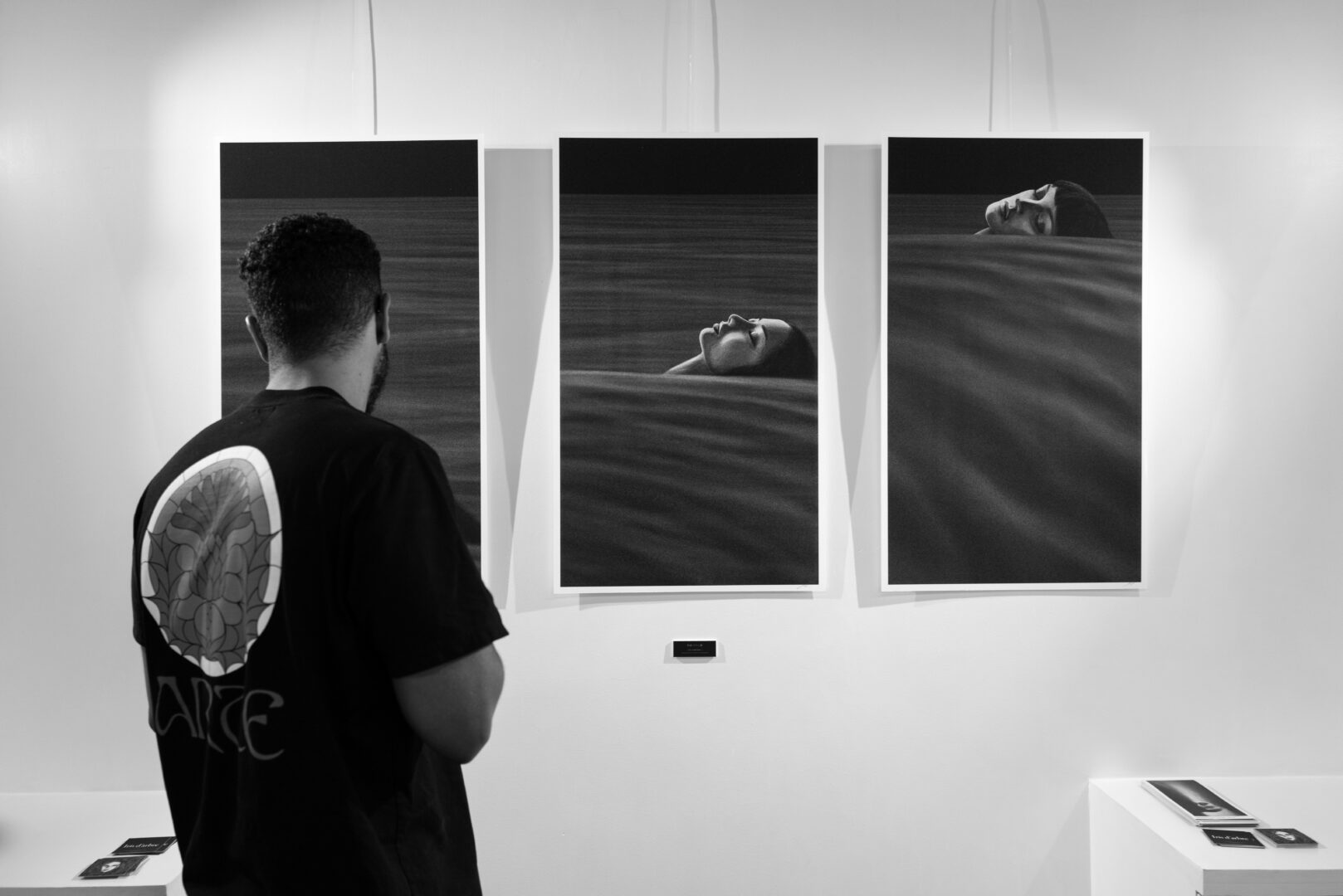
Appreciate the insights and wisdom. Before we dig deeper and ask you about the skills that matter and more, maybe you can tell our readers about yourself?
Hello!
My name is Idriss Dabre, though you might also know me as Iris d’Arbre when I’m in my illustrator mode. By day, I’m an Associate Creative Director at the advertising agency Rethink in New York. By night (or whenever inspiration strikes), I’m an illustrator crafting worlds under a name that’s suspiciously close to my own.
I’m half Burkinabe and half Belgian, and I spent my childhood in Ouagadougou, West Africa, until I turned 18. Then, life took me to Brussels to study art and later train in advertising. Along the way, I’ve explored a variety of creative fields from digital work at Dentsu to experiential and gaming projects at Biborg. My first deep dive into advertising came at DDB Paris, where I honed my skills under Alexander Kalchev, the agency’s CCO.
In 2022, I took a leap across the Atlantic to New York, joining Johannes Leonardo to work on the Volkswagen account. My time there was filled with creating films, prints, and activations—mostly films, to be honest. Most recently, I’ve found a new home at Rethink, at their New York office.
What I love about my job is how it constantly evolves. Advertising today is far removed from the days of traditional media. A fake documentary about a video game can become a campaign. A simple YouTube video might resonate more deeply than a glossy $3 million ad film.
At its heart, my work is about ideas. Finding the simplest, most compelling idea and bringing it to life in a way that’s original and authentic to the audience. Some of my favorite projects? Creating a radio podcast inside a video game to promote another game. Launching a campaign for freedom of the press that gave readers access to a newspaper’s original sources. Developing a Tamagotchi for endangered plants with L’Occitane en Provence. Or even organizing a speedrun competition for Tag Heuer’s Mario Kart edition.
Oh, and there’s the Volkswagen film I worked on recently—about a girl who doesn’t like chairs.
When I’m not working, you’ll usually find me sketching for my illustration projects, chipping away at an indie video game I dream of finishing (ideally before I die), or training hard for the chance to compete in the next climbing Olympics.
I’m excited for what’s ahead and can’t wait to see where this creative adventure takes me next.
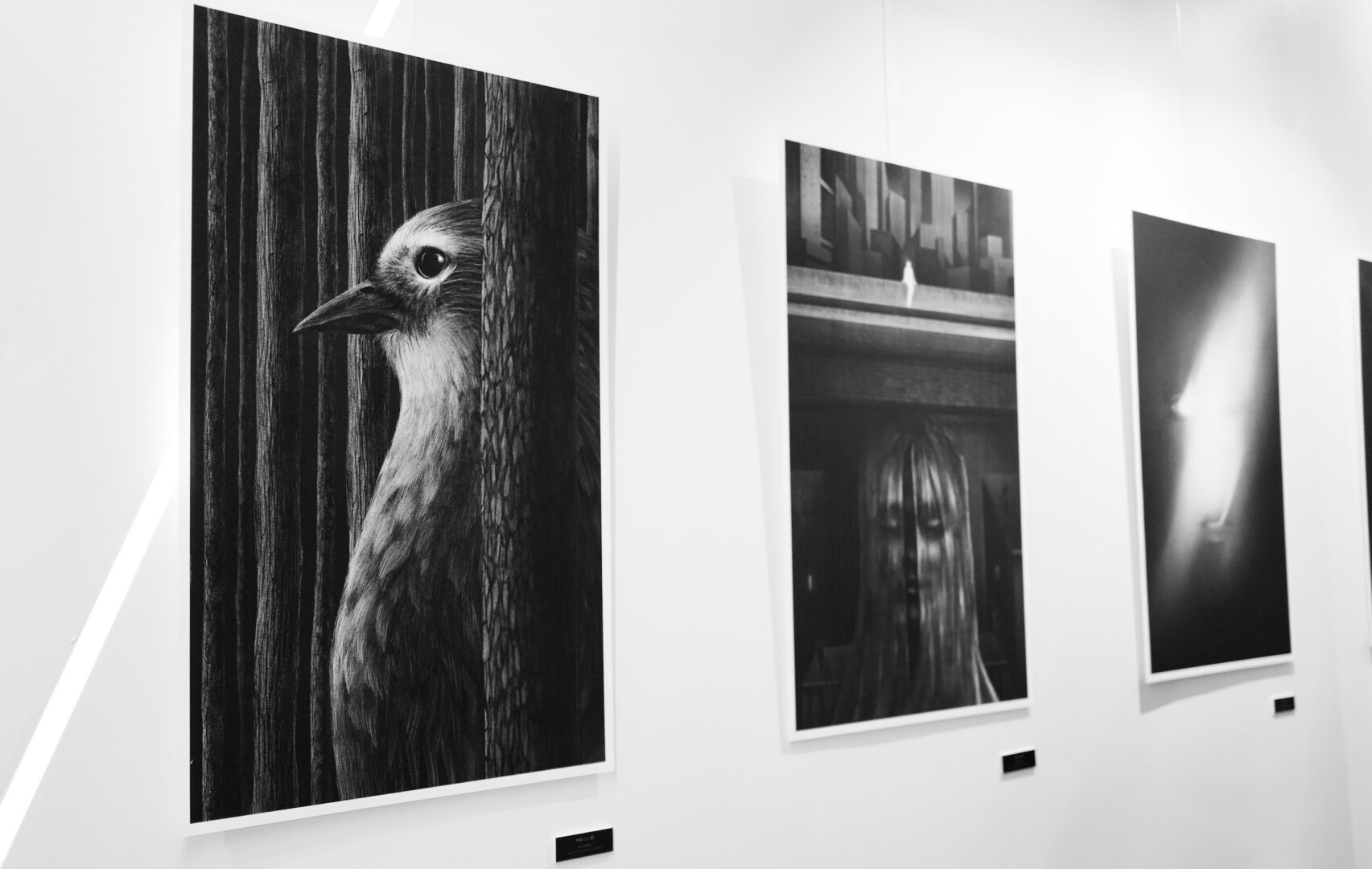
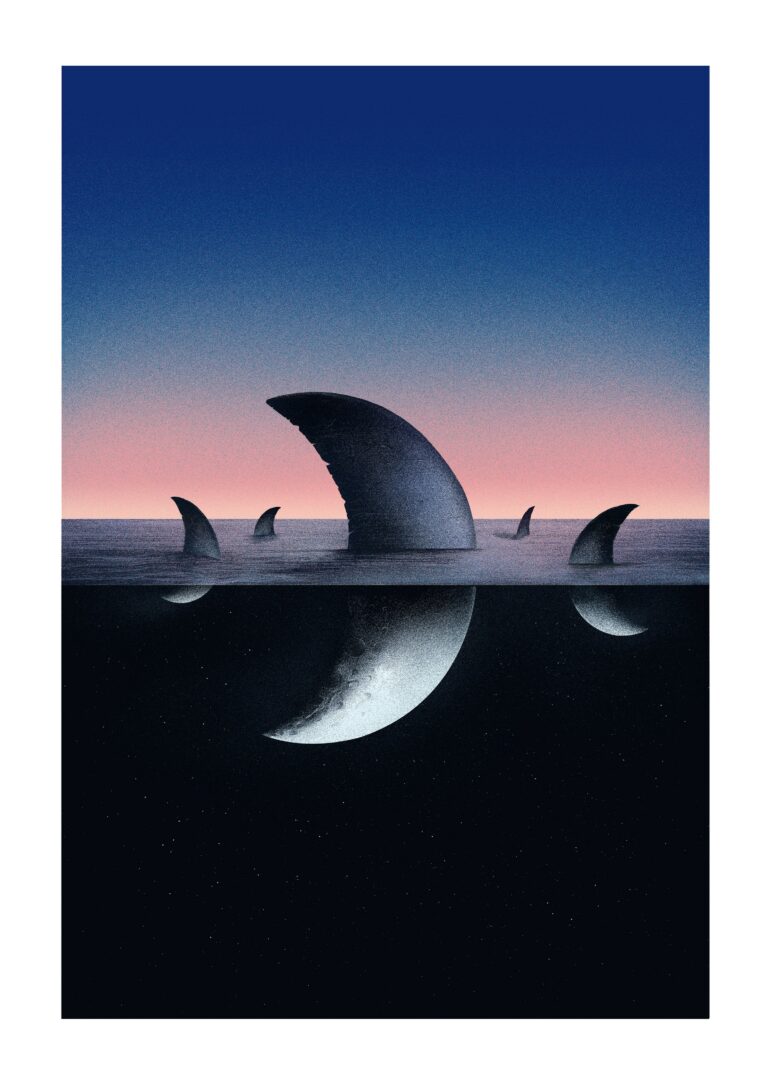
If you had to pick three qualities that are most important to develop, which three would you say matter most?
For me, the most important quality in any journey is consistency. Whatever you decide to pursue, the key is to keep at working and reworking, even when the results don’t feel exceptional. In fact, it’s in those moments of doubt, when the work feels uninspired or average, that growth often happens. Over time, that steady effort builds something remarkable. Mastery doesn’t arrive in grand, sudden leaps; it’s the quiet accumulation of countless small steps.
The second quality is the ability to question your own work. Reflection is essential not just looking at what you’ve already done, but also evaluating what you’re working on right now and what you aim to achieve in the future. It’s about staying open and curious, always willing to challenge your assumptions. Progress comes from that constant process of examining, refining, and reaching for something better. It can be uncomfortable, but it’s the only way forward. And the truth is, the work is never truly finished. That’s what makes it exciting, you’re always chasing the next possibility.
Then there’s empathy. This might be the hardest, but also the most rewarding, quality to nurture. Empathy means being able to see the world through someone else’s eyes. It’s about appreciating the people around you, their perspectives, their stories, and their contributions. It’s also about finding common ground with those you don’t naturally click with. In a profession like advertising, where collaboration and connection are at the heart of everything, empathy is essential. You’re constantly working with a diverse mix of people, often from all over the world. The ability to adapt, to genuinely understand and respect different personalities, makes all the difference, not just in the work, but in how you grow as a person.
These three qualities, consistency, self-reflection, and empathy, form a kind of foundation. Together, they not only help you produce better work but also shape you into someone who can weather the highs and lows of any creative journey. The work will evolve, the challenges will change, but these principles remain steady. And if you hold onto them, they’ll carry you far.
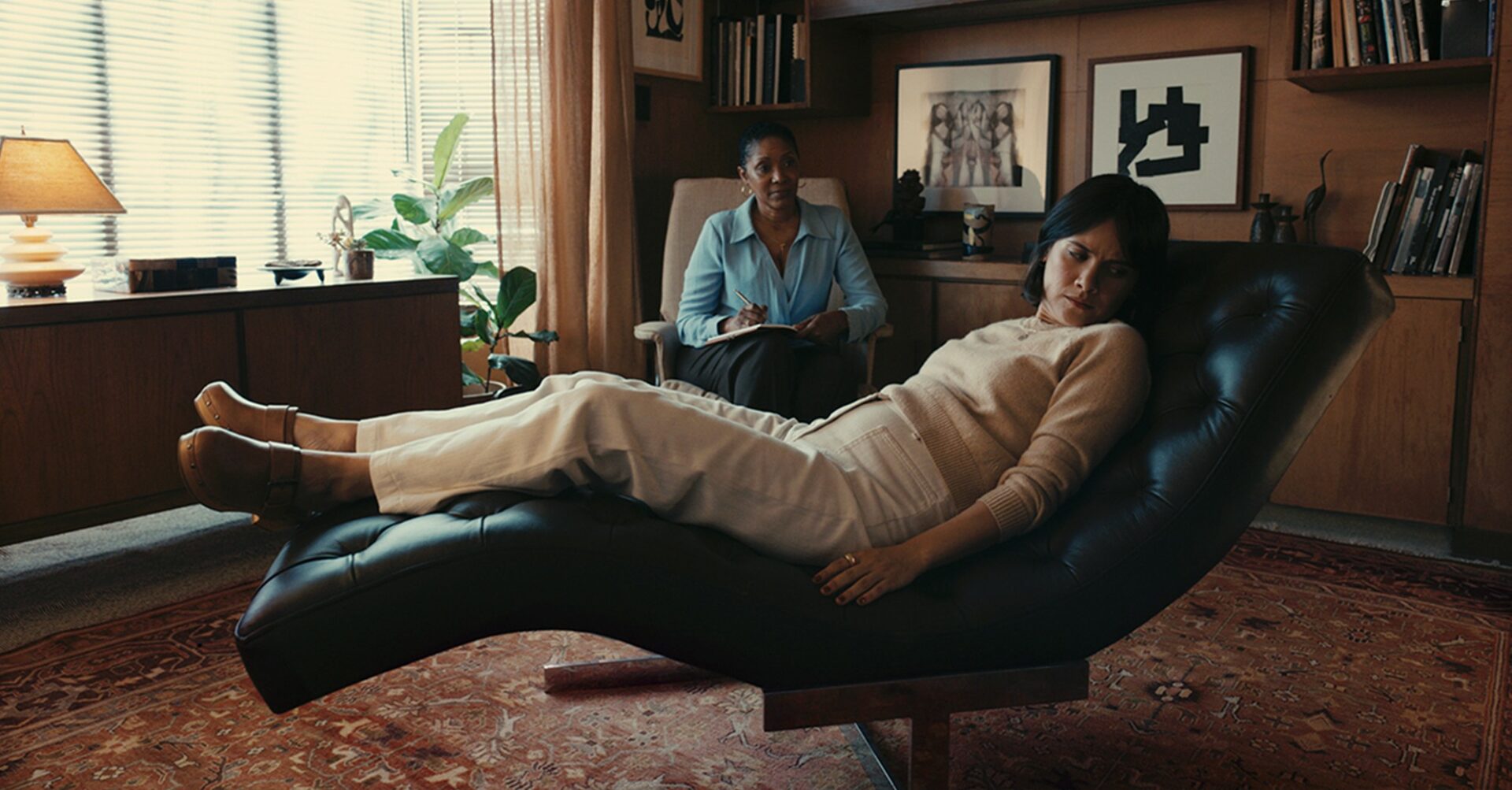
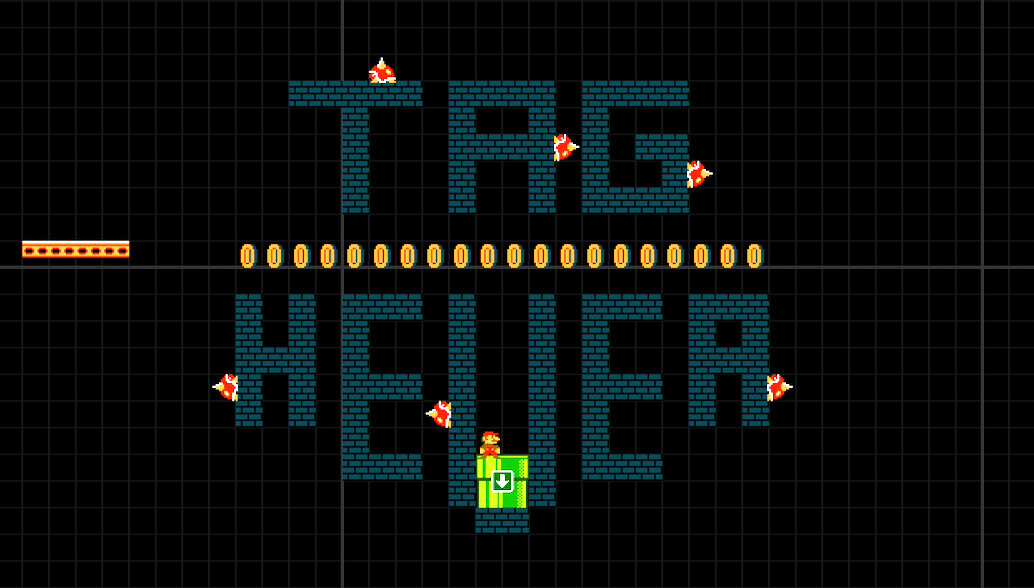
Awesome, really appreciate you opening up with us today and before we close maybe you can share a book recommendation with us. Has there been a book that’s been impactful in your growth and development?
If I had to choose just one book, it would be Art and Fear by David Bayles. It’s not necessarily one of my all-time favorites, but it’s a book I keep coming back to because of its practical, grounded advice for anyone pursuing a creative career—whether in the arts or something more commercial. It tackles the fears that can hold us back: personal doubts, cultural expectations, social pressures, all the little (and not-so-little) barriers that keep us from creating.
One of my favorite lines from the book is: “You already have everything you need to do your best work.” That’s it. No grand revelations, just a simple reminder that you’re enough as you are.
Lately, I’ve also been reading Thinking, Fast and Slow by Daniel Kahneman. It’s fascinating, insightful, layered, and really gets you thinking. Though, ironically, I still feel like I’m as slow as ever!
Contact Info:
- Website: https://idrissdabre.com
- Instagram: https://www.instagram.com/iris_darbre/
- Linkedin: https://www.linkedin.com/in/idrissdabre/
- Other: https://www.irisdarbre.com/
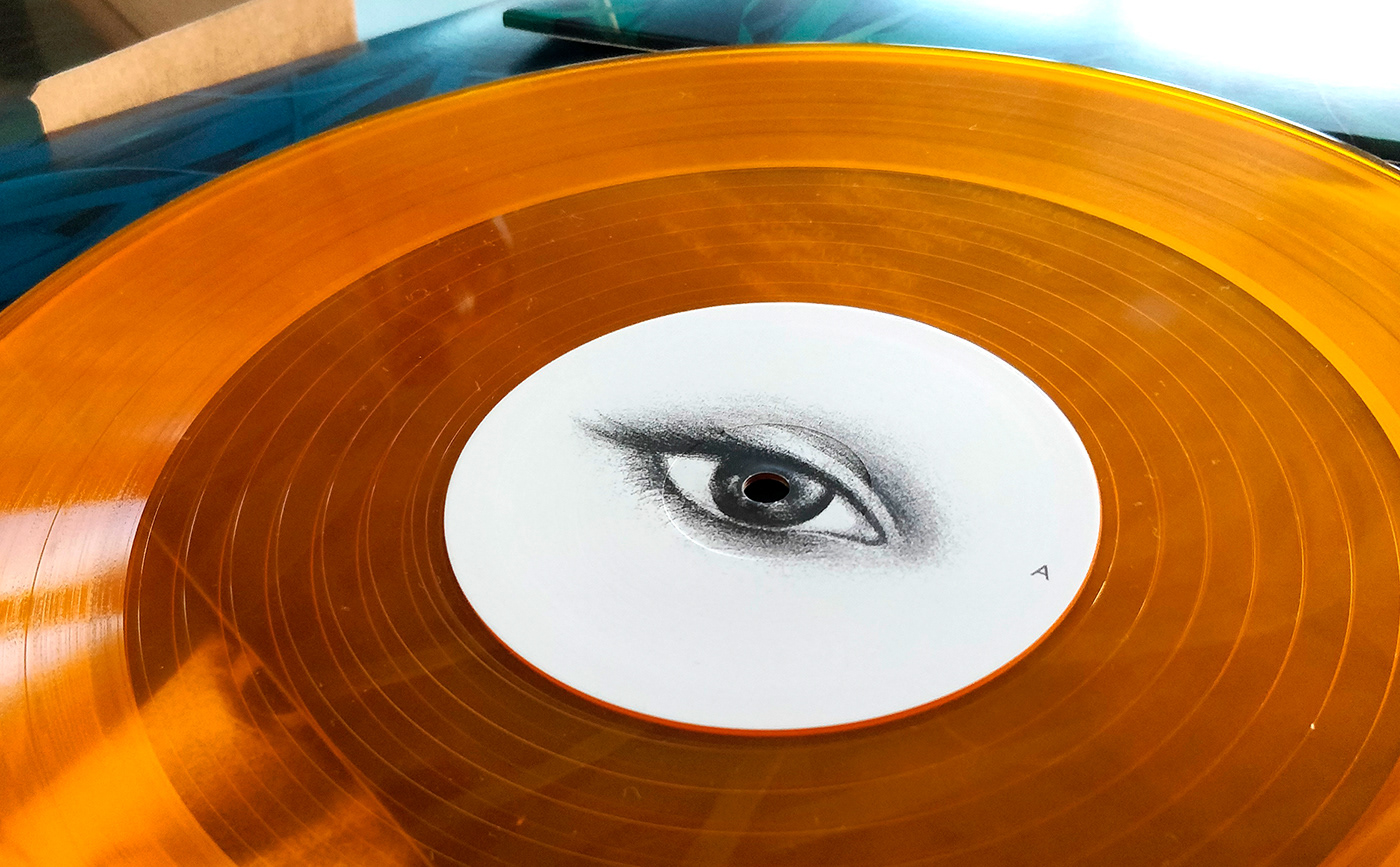
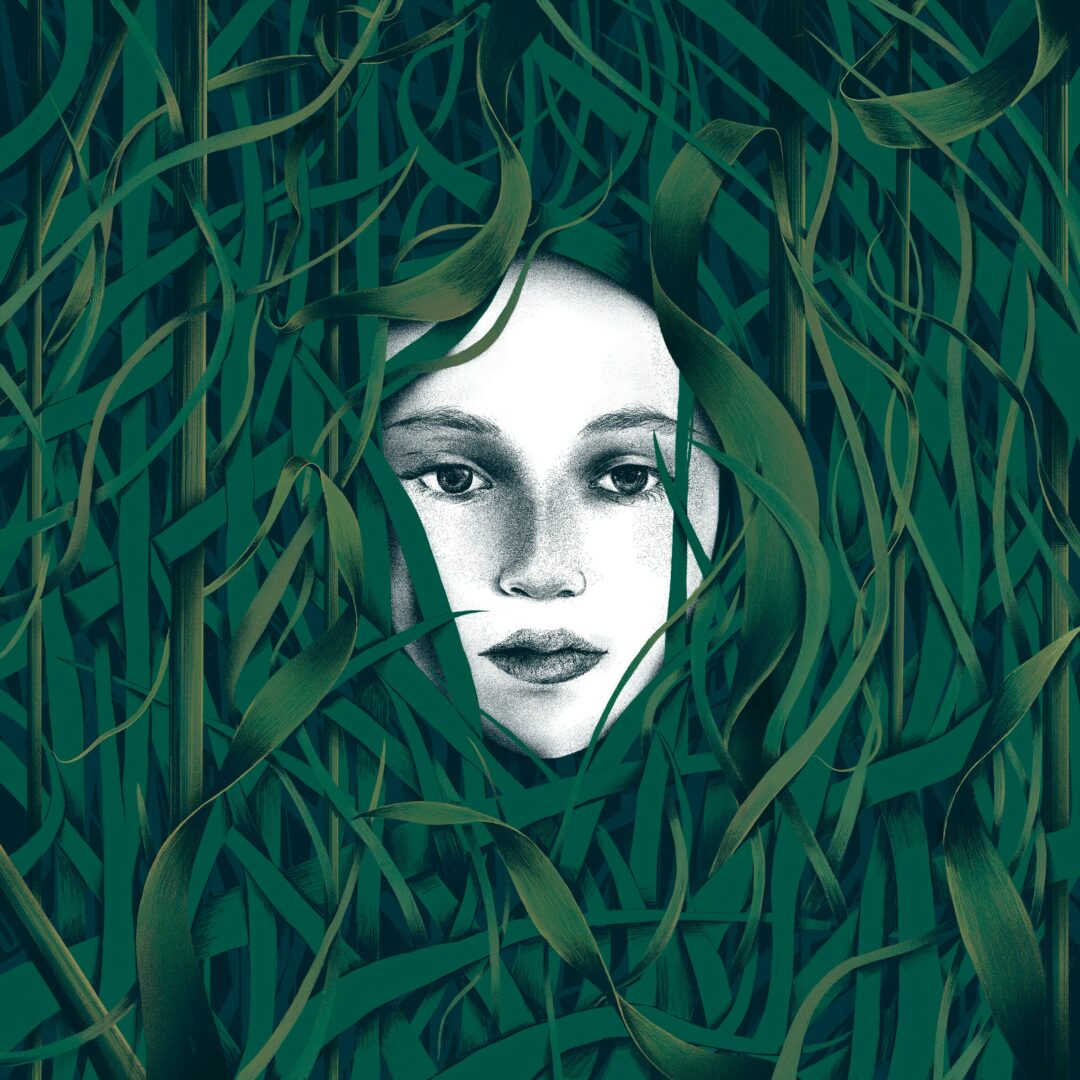
so if you or someone you know deserves recognition please let us know here.




